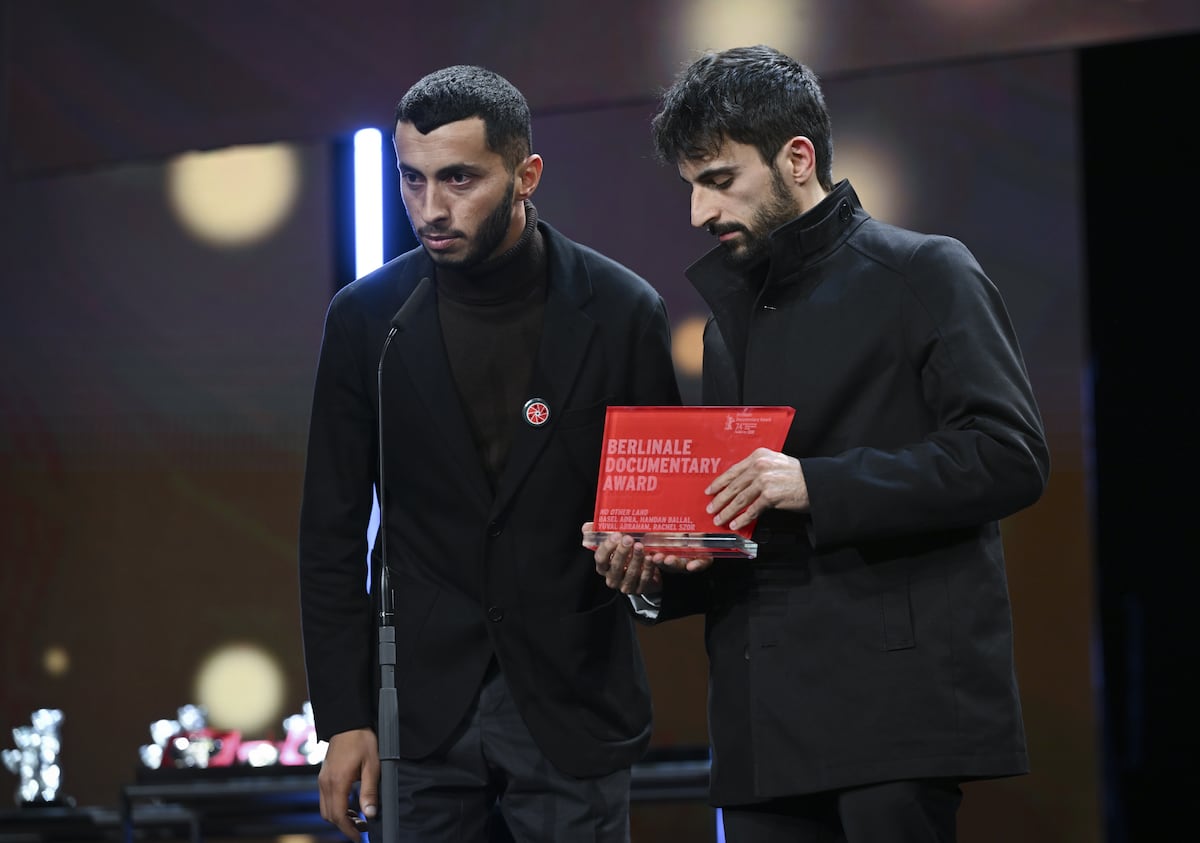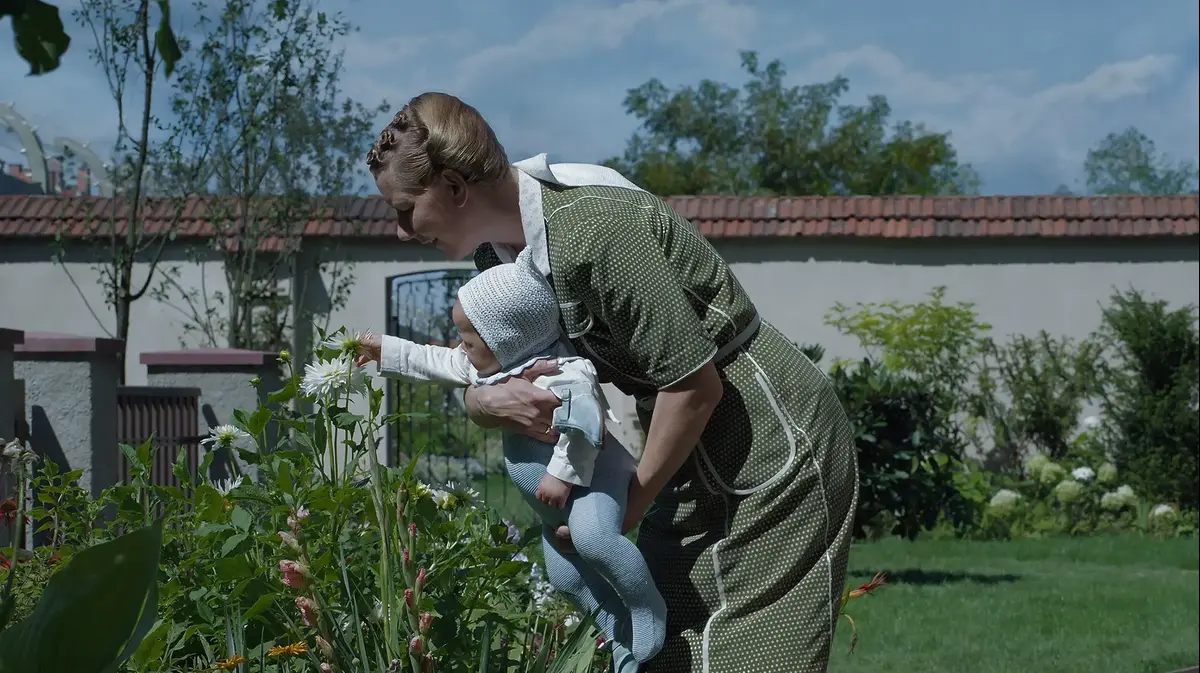Solidarity during the Holocaust: Osher Kotler and Gabi Ashkenazi provided an exciting glimpse into the disappeared story
The film by Osher Kotler and Gabi Ashkenazi provides a glimpse into a fascinating story about the Bulgarian community whose story is not yet known. Although imperfect, the film is a reminder to anyone who believes he has learned enough about the subject, that the scope of the disaster is so large, extensive and unimaginable far beyond the main stories
Solidarity during the Holocaust: Osher Kotler and Gabi Ashkenazi provided an exciting glimpse into the disappeared story
Photo still: Reuben Castro, Graphic Design: Avichai Baruch, Editing: Aviv Argas(Video: Interview with Gabi Ashkenazi at Walla Studio! NEWS last August)
Within the murky pool of Jewish persecution in the 1930s and 1940s, it is customary to concentrate on the murders - states, cities and sites where the core of the extermination, deportation, abuse and dispossession was once the heart. This, too, has a periphery, whose story is different, sometimes unique, and negates lesser-known causes. Such is the case of Bulgarian Jewry - whose history during World War II is not nearly as familiar with the collective memory of the Holocaust as it was designed in Israel.
From this place, directors Eilat Heller and Nia Alexandrova came out with two very well-known, second-generation Israelis to reveal one main story: how Bulgarian public figures in the church prevented the mass deportation of thousands of Bulgarian Jews to death camps in Poland. The parents of the two - journalist Osher Kotler and former chief of staff and current MK Gabi Ashkenazi - were among the Jews gathered on the same day in school yards awaiting deportation, but survived thanks to the public struggle. Kotler has another story she explores: how to find a man, of whom she knows only a few details, who, along with his household, fed her father during the war when his family was left destitute.
More in Walla! NEWS More in Walla! NEWSNot just a legendary basketball player: Watch Kobe Bryant's Oscar-winning movie
To the full articleKotler and Ashkenazi (courtesy of HOT8)
Kotler approved by Gabi Ashkenazi Bulgaria (Photo: Courtesy of HOT8, PR)
Thus, the HOT8 movie that aired yesterday on International Holocaust Day, "The Day in which Bulgarian Jews Are Saved," combines a journey of roots, "lost" encounters and some history details told by local scholars, all in a mixture of Bulgarian, English and Hebrew. To a large extent, the two narratives are not the same in terms of volume: Kotler is leading, inquiring, and focused on searching and resolving questions about her family. Ashkenazi's story, an army man returning to a moment when his father might have been the victim of a larger war, has significant dramatic potential, but unfortunately his narrative does not develop in that direction. Ashkenazi hears details, is interested, meets local officials and thanks them, arrives at the house where his father grew up - but keeps a certain distance and does not share his personal thoughts, whatever they may be. Cutler dives much deeper.
The weak point of the film is its historical part, which is not presented clearly enough and with too little political, social and international context. It is hard to say that the story of Bulgarian Jewry during the war years is spread here in front of us throughout and across. This task will probably wait for another documentary project.
Kotler (courtesy of HOT8)
The day that Bulgarian Jews were saved, Osher Kotler, Gabi Ashkenazi (Photo: HOT8, PR)
The film makes up for this mainly through Kotler's fascinating family-detective journey, especially her encounters with various characters in Bulgaria and the special connection she creates with each of them. In one exciting case, she meets a 95-year-old woman who, to her surprise, remembers her family well. In another case, she immediately recognizes her grandfather's photo she did not recognize at a local museum and learns about it for the first time. The emotionality of her journey is infectious and exciting, and she occupies the screen. In her quest for family history, parts of the second-generation pain and difficulty of the death that hovered over their parents are well conveyed to the viewer.
The movie as mentioned is not perfect. It allows nothing but a glimpse into a long and fascinating story about a community whose story is not yet known. Still, it seems to be of great value: it is a reminder to anyone who believes he has learned enough about the subject, that the scope of the disaster is so large, extensive and unimaginable far beyond the main stories; A reminder of the long-lasting consequences of the war years even for those who have never experienced it; And most importantly, which is probably the most important - a reminder of the power of civil solidarity, interfaith, to illuminate even the darkest hours of humanity, and to win battles that seem lost.

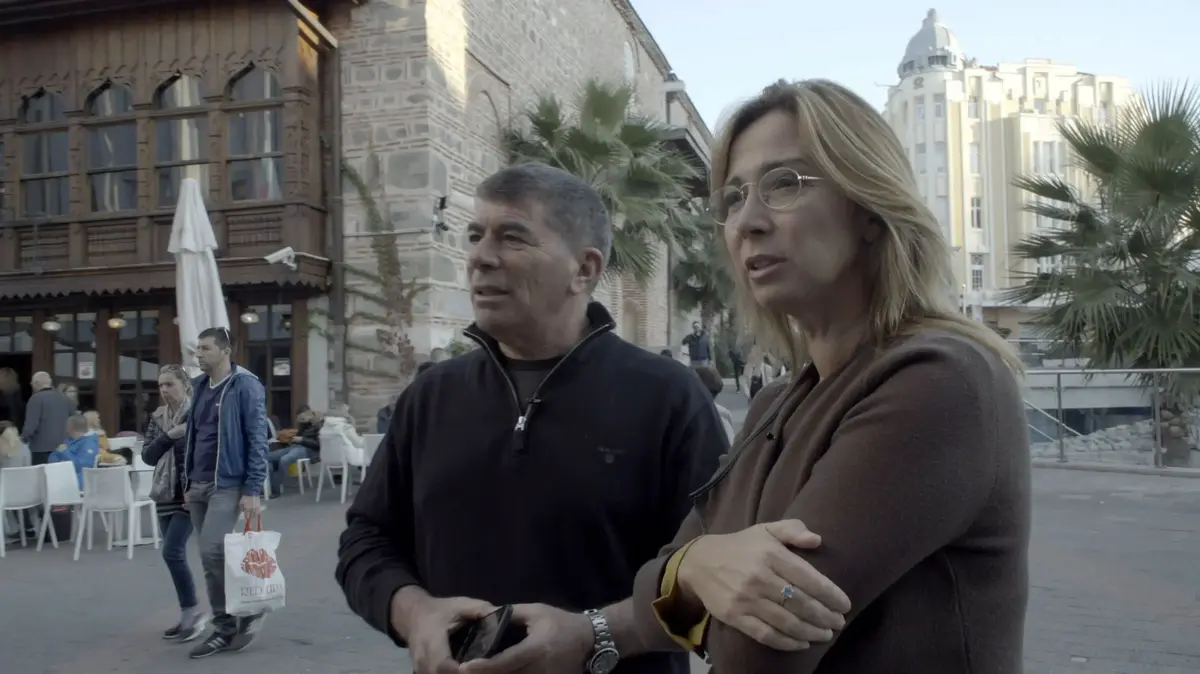


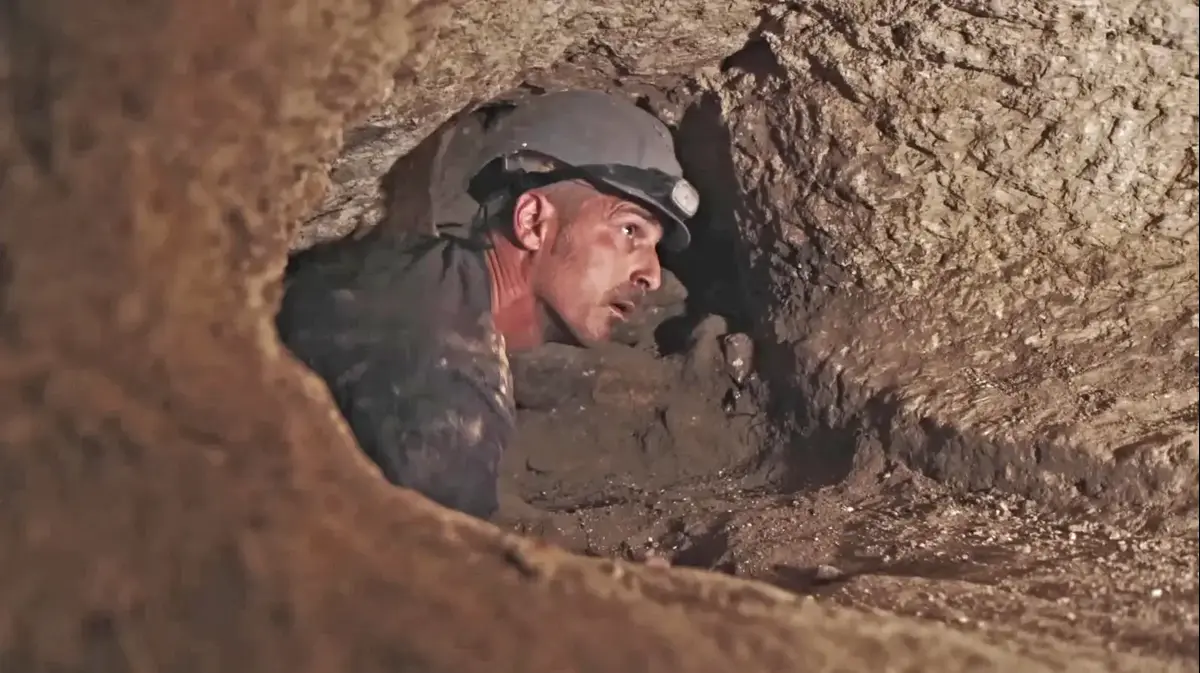
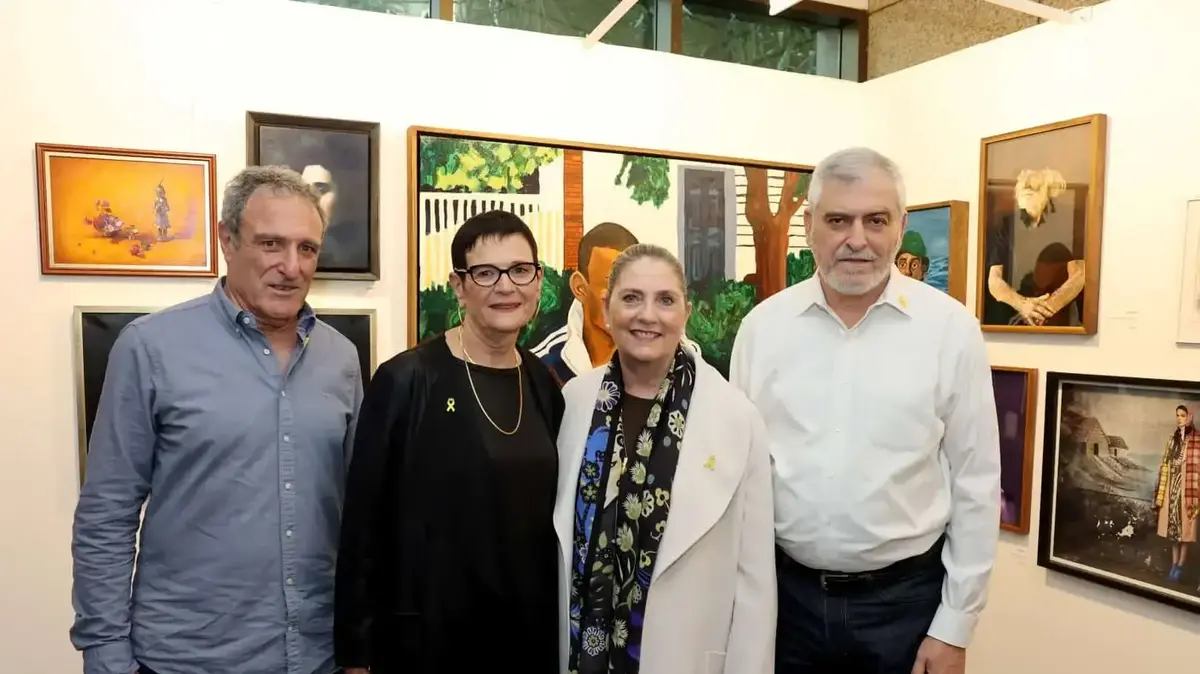
/cloudfront-eu-central-1.images.arcpublishing.com/prisa/UR4QR6POJFBHPDM7OWJOJXPHDI.jpg)
